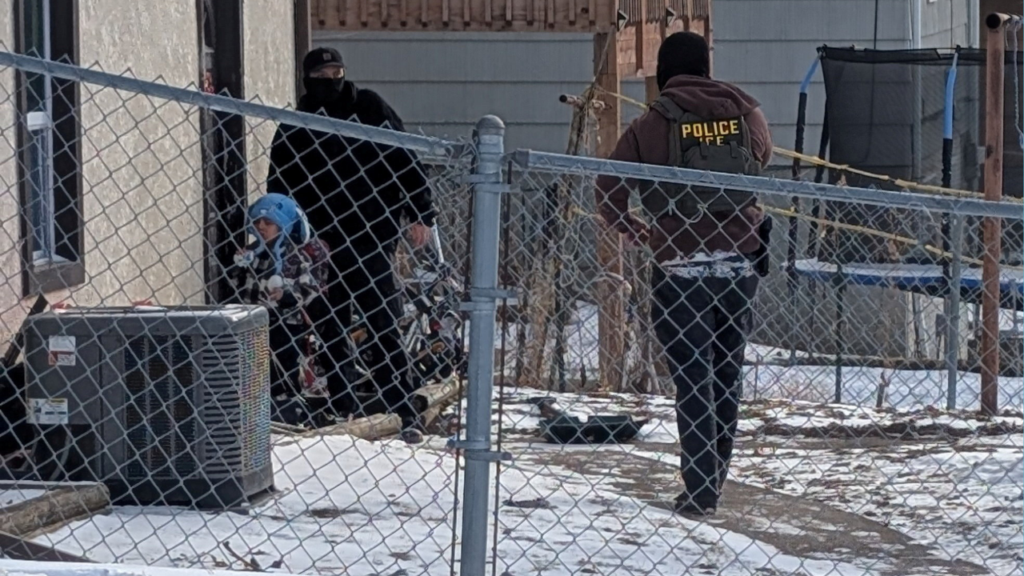Share
Fresno County Department of Public Health’s Interim Health Officer Rais Vohra, M.D., answers many of the questions you might have about novel coronavirus (COVID-19) in the video above.
In addition, Community Medical Centers has provided GV Wire with these FAQs about the virus and how its hospitals are responding to the pandemic.
Listen to this article:
What You Should Know About Coronavirus (COVID-19)
Community Medical Centers is closely monitoring this season of high-volume influenza and are on high alert for the threat of the coronavirus. This is an emerging, rapidly evolving situation. The risk may change daily. But as home to the Valley’s only Level 1 trauma center, our staff and physicians are highly trained and routinely prepare for situations like these. We partner with the Fresno County Department of Public Health, California Department of Public Health, the Centers for Disease Control (CDC) and other emergency responders and health agencies.
Are You Turning Visitors Away From Your Hospitals?
As a precaution, hospital patients will be allowed one visitor at a time. People with any cold or flu-like symptoms should not visit family and friends in the hospital. Instead, we ask that you visit loved ones by phone. These restrictions are subject to change.
What is the Coronavirus and How Is it Spread?
Novel coronavirus (COVID-19), commonly referred to as “coronavirus,” is a respiratory illness caused by a virus first identified in Wuhan, China. The virus is thought to spread from person-to-person via respiratory droplets produced when an infected person coughs or sneezes, much like a cold or flu.

Is Anyone at Higher Risk of Getting a Serious Case of Coronavirus?
Older people and people with severe chronic conditions like heart disease, diabetes, and lung disease, should take special precautions like limiting exposure to crowds.
How Do I Avoid Getting Sick?
- Wash your hands often with soap and water for at least 20 seconds.
- Avoid close contact with those who are sick.
- Avoid touching your eyes, nose, and mouth.
- Clean and disinfect frequently touched surfaces like doorknobs, cell phones, and keyboards.
- Stay home when you are sick except to get medical care.

What Symptoms Will I Have if I’m Infected?
Most seem to experience a mild to severe respiratory illness, not unlike a cold. Common signs and symptoms of coronavirus include fever and symptoms of a lower respiratory illness like coughing or shortness of breath. It is possible for it to turn into pneumonia.
What Do I Do if I Have Those Symptoms?
If your symptoms are not severe, stay home rather than go to the doctor’s office and risk spreading the virus to other people. If you are showing any of the symptoms, do not go to work and don’t travel. Instead, call ahead to your doctor’s office before you make an appointment to report:
- Your symptoms
- Recent travels
- Possible exposures
If you develop symptoms while at work, tell your manager and any HR representative immediately, then leave work if you are able and can travel safely without infecting others. Call your doctor as soon as possible.
Should I Wear a Mask and Can I Get Masks and Supplies From Your Hospitals?
Masks can help stop the spread of infection if a sick person wears it by containing respiratory droplets produced when an infected person coughs or sneezes. Our hospitals are not currently distributing masks to our patients or visitors. This may change as the situation develops.
Are Your Hospitals Ready to Handle This?
We are prepared with procedures in place to treat patients with coronavirus symptoms and to help protect our other patients and staff from the spread of the virus. We are also closely monitoring our supplies and coordinating with local, state and national public health agencies and healthcare providers to help ensure we’re doing everything possible to meet the needs of our patients and our community.
For more information:
Visit the CDC’s COVID-19 website for the most up-to-date information on novel coronavirus (COVID-19).
Fresno County Department of Public Health
For questions about the virus, including swabbing and testing, call 559 600-3332.



















